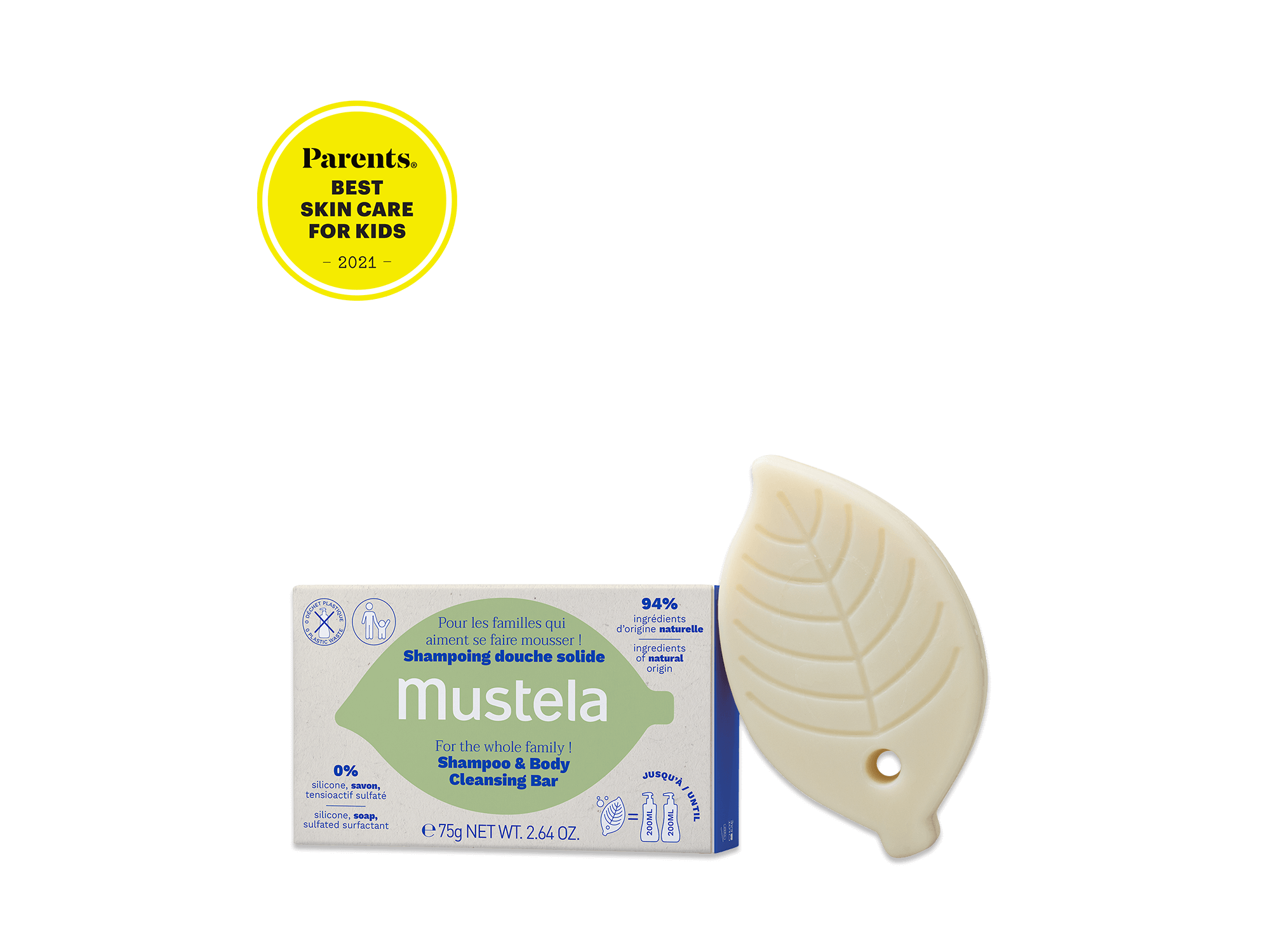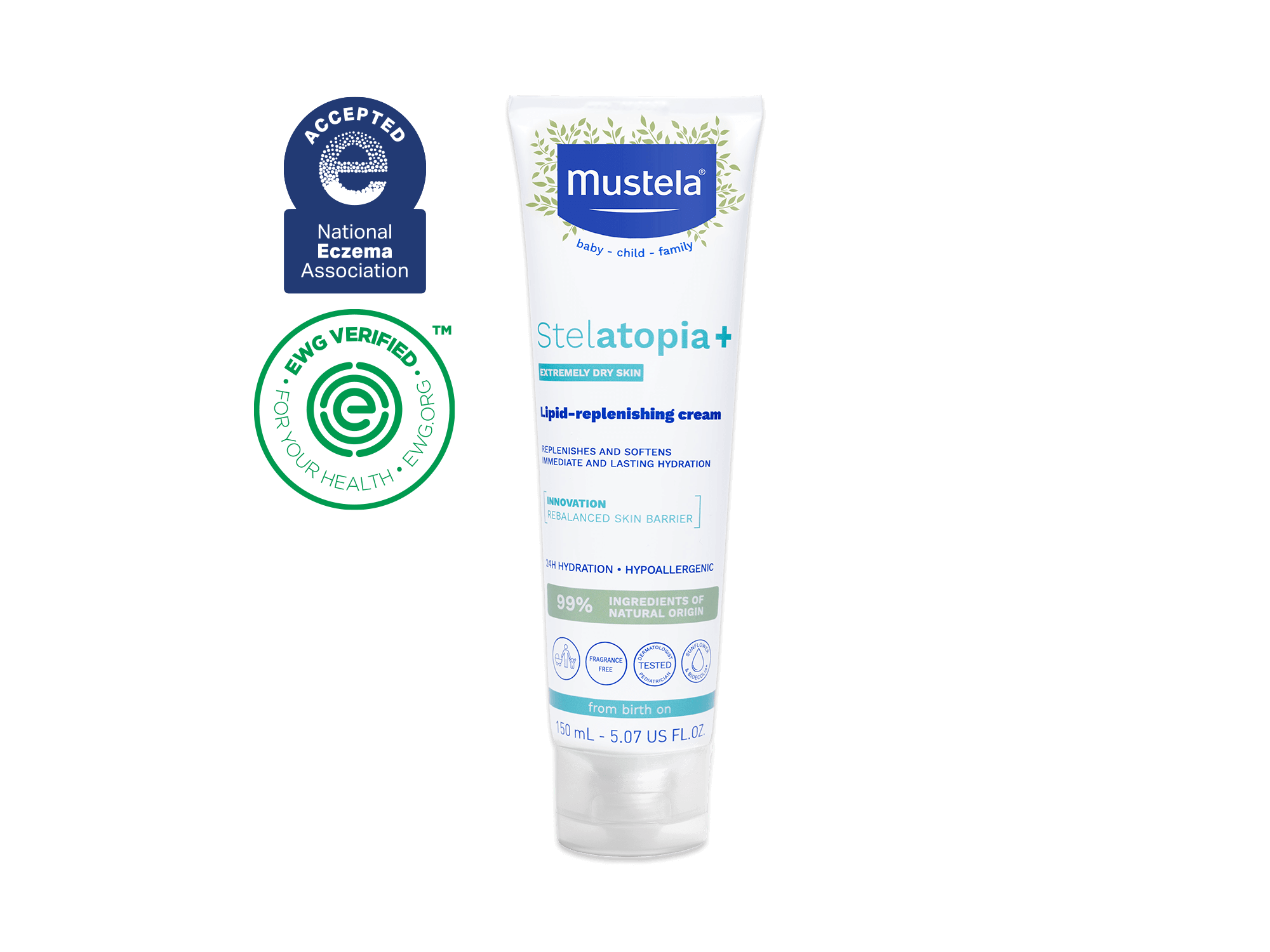It can be one of the most frustrating experiences that new parents go through: just when your infant has started sleeping through the night and you’re finally catching up on rest, it feels like all the progress they’ve made has been erased. It’s the 6-month sleep regression!
If your little one is about six months old after a full-term pregnancy and they’re now refusing to go down for naps or waking up frequently during the night, there’s a good chance they’re going through a sleep regression.
In this article, we’ll help you understand why baby sleep regressions happen, how you can distinguish between sleep regressions and other reasons why your baby might not sleep well, and suggest some strategies for managing the 6-month sleep regression.
Table Of Contents
- What Is A Sleep Regression?
- Causes Of The 6-Month Sleep Regression
- Is It A Sleep Regression Or Something Else?
- Getting Through The 6-Month Sleep Regression
What Is A Sleep Regression?

A true sleep regression is a period when your baby seems to take a step (or two) backwards in the progress they’ve been making sleeping through the night because of developmental changes and growth spurts they’re going through.
During the first monthsafter birth, your baby matures at a rapid rate, but the process isn’t smooth and linear. Important developmental advances in some areas can temporarily cause problems in other areas, like sleep cycles as your child’s mind and body adapt to the changes.
Causes Of The 6-Month Sleep Regression
What’s going on in your baby’s development that might cause them to have a sleep regression at six months?
Around this time, your baby’s awareness of their environment is greatly increasing. They’re noticing more things in their surroundings when they’re awake, but they’re also more susceptible to disturbances and distractions when they’re asleep or falling asleep.
In many cases, six-month-old babies are also beginning to develop skills like rolling over and sitting up with support. The desire to explore and practice these new skills might make your baby less willing to go to sleep even when they’re very tired.
In short, while the 6-month sleep regression can be tough for tired parents, it’s a positive sign of normal infant development.
Is It A Sleep Regression Or Something Else?

Let’s face it: There are a lot of potential reasons why babies won’t sleep. Figuring out which one is bothering your baby at any given time is half the battle.
You’ll want to be sure that there isn’t some other reason why your baby isn’t sleeping that just happens to coincide with a common age for a sleep regression. Let’s take a look at those other potential causes.
Teething
Teething is another type of developmental milestone that can disrupt your little one’s rest. Many babies start to get their first teeth right around five to six months of age.
You may notice swollen gums or the white nub of a tooth just about to pop out. The day or two before a tooth erupts usually causes your baby the most discomfort.
For tips on soothing your little one during teething, check out this article on our blog.
Illness
Illnesses are another possible reason why your six month old’s sleep patterns may be disrupted. Fortunately, in the case of most common infant illnesses, it won’t be very difficult to tell what’s bothering your baby.
For colds, watch for coughing, sneezing, and runny nose, and take your baby’s temperature to check for a fever if you’re in doubt. Swiping at or pulling their ear or keeping their head tilted are signs of an ear infection.
Skin Irritation
Baby skin is very sensitive and vulnerable to irritation in general. A surprising number of babies also suffer from eczema (atopic dermatitis). If you don’t see any symptoms of a physical illness, skin discomfort could be the reason why your little one is suddenly having trouble sleeping.
One way you can ease skin irritation to help your baby rest is with our Stelatopia Skin Soothing Pajamas. Designed for children with eczema-prone skin, these 100% cotton pajamas with microcapsule technology deliver moisture to your little one’s skin through the night.
Getting Through The 6-Month Sleep Regression

Handling the 6-month sleep regression (or any of the sleep regressions that may follow) largely comes down to patience.
There is no sure-fire “overnight” solution that will get your child back to sleeping through the night. With that said, what you do can make a difference in the length and severity of the disruption in your little one’s sleep patterns.
Overall, the best advice we can give is to avoid overreacting; the best methods for handling a sleep regression are generally the same methods you’ve already been using to promote peaceful sleep. Read on for a refresher.
Create And Maintain A Routine
Your baby is going through rapid changes, so it’s important to provide them with consistency.
A consistent bedtime routine signals to your baby that bedtime is approaching and helps them settle down for sleep. If you haven’t put a sleep routine into practice yet, there’s no better time to start.
A relaxing bath is a popular way for many adults to wind down after a busy day, and your baby is no different! Bathtime is a great addition to your bedtime routine. You can bond with your little one while they engage in gentle, relaxing tub play, and help make sure their skin stays healthy.
Try our Gentle Cleansing Gel to thoroughly clean and protect your baby’s skin, and then follow up with a massage using our Hydra Bebe Body Lotion after the bath to lock in long-lasting moisture and get them ready to drift off.
Keep Their Tummy Full
Don’t neglect the fundamental importance of feeding for peaceful baby sleep. As your baby gets older, they won’t need to be fed as often as they did as a newborn, but the amount of formula or breastmilk they’ll need at each feeding will go up.
If you’re having trouble finding the right balance, consult your pediatrician on the right number of feedings and quantity of food for your baby at their current age.
Try Sleep Training
Six months is a great time to begin the process of sleep training. During the first three or four months, your baby hasn’t yet developed their own circadian rhythms, and will simply sleep whenever they’re tired. But at four to six months, most babies begin establishing a sleep cycle.
There are several popular methods of sleep training, each with their own approaches to how and when you should comfort your child if they fuss while they’re supposed to be falling asleep.
Use your judgment and parental instincts to pick the one you think is the best fit for you and your child.
Use The Right Soothing Strategies
If you do need to comfort your baby when they start fussing in the middle of the night during a period of sleep regression, some ways of going about it are better than others.
In general, try to do as little as necessary to soothe your infant. Of course, your instinct is probably to pick them up and cuddle them, but doing things like this can inadvertently train your baby to fuss during the night just to get your attention, so avoid it if possible.
You can accomplish a lot with a few calm words or shushing sounds and some pats or caresses. Keep the lights off or low, and minimize sounds so you signal to your baby that it’s still time for sleep and not time to wake up for play or other activities.
Healthy Skin And Sound Sleep With Mustela
The 6-month sleep regression can be confusing and frustrating for parents, but it’s a natural part of the developmental process for most babies.
Once you’ve made sure there isn’t some other physical cause for the change in your little one’s sleep habits, you’ll get through this period with consistency, common sense, and patience.
At Mustela, we offer a wide range of products designed to protect and soothe sensitive baby skin, stopping irritation so your child can rest peacefully and keep hitting those developmental milestones happy and healthy.
See which ones you might want to add to your nighttime routine, and stay tuned to our blog for more parenting and baby development explainers and advice.
Sweet dreams await!

















